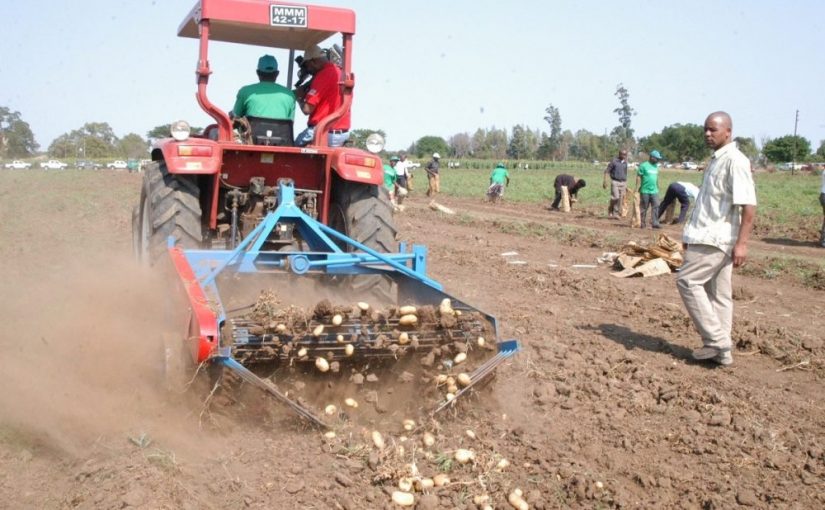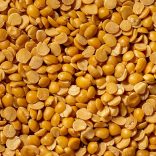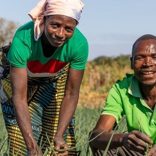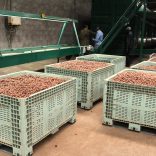Mozambique: President expects 5% increase in food production this year
Mozambique: Businesses call for tax reductions for agriculture sector

File photo: Noticias
The CTA – Confederation of Economic Associations of Mozambique on Tuesday called for a reduction of the Corporate Income Tax (IRPC) rate from 22% in the agricultural sector to 10%, noting that the area faces “structural challenges”.
In a statement, the CTA calls on the Mozambican executive to honour its commitment to lower the IRPC rate, recalling that it was in force until 2015.
“The government has repeatedly assured its renewal, during the annual negotiations and discussions, in the framework of the public-private dialogue, but we have yet to see the materialisation of this measure,” the organisation said.
The reduction, it continues, will help attract private national and foreign investment in the agricultural sector, as well as promote new technologies, research and greater resilience to climate change, at a time when the sector is still recovering from the impact of natural disasters.
The businesspeople also advocate exemption from Value Added Tax (VAT) on the entire value chain from agriculture to agro-processing, elimination of circulation taxes on agricultural products, at district and provincial level, and review of Law 13/99 on promotion, production, processing and export.
The approval of the fertiliser law and respective regulation, as well as the elimination of customs duties on fertilisers are other measures advocated by the CTA for the agricultural sector.
“It is also imperative to adopt measures to facilitate access to agricultural credit, which currently stands at less than 1 percent of the total credit allocated to economic sectors,” the text reads.
The CTA cites official data that states that agricultural production will reach 47 million tonnes in 2022, after having grown from 20 million tonnes to 43 million tonnes in the period 2018 to 2020, but “structural challenges” persist.
“The growth levels shown in the statistics are close to the demographic growth of the rural population, which reflects the urgent need to increasingly prioritise the sector,” the text refers.
Increasing agricultural production is fundamental for the economic and social development and stability of the country and of the over 20 million people who live directly from agriculture, the note adds.













Leave a Reply
Be the First to Comment!
You must be logged in to post a comment.
You must be logged in to post a comment.